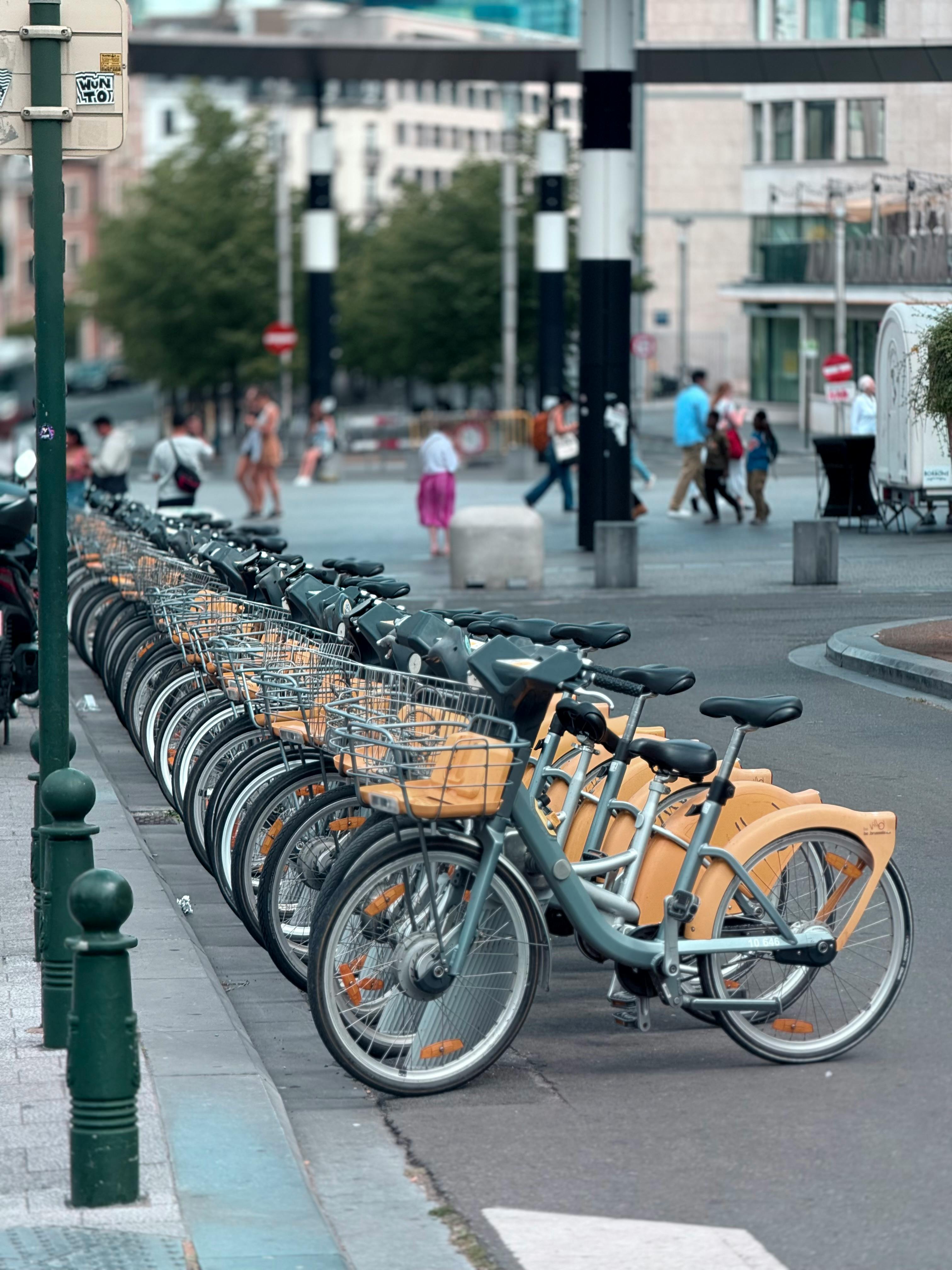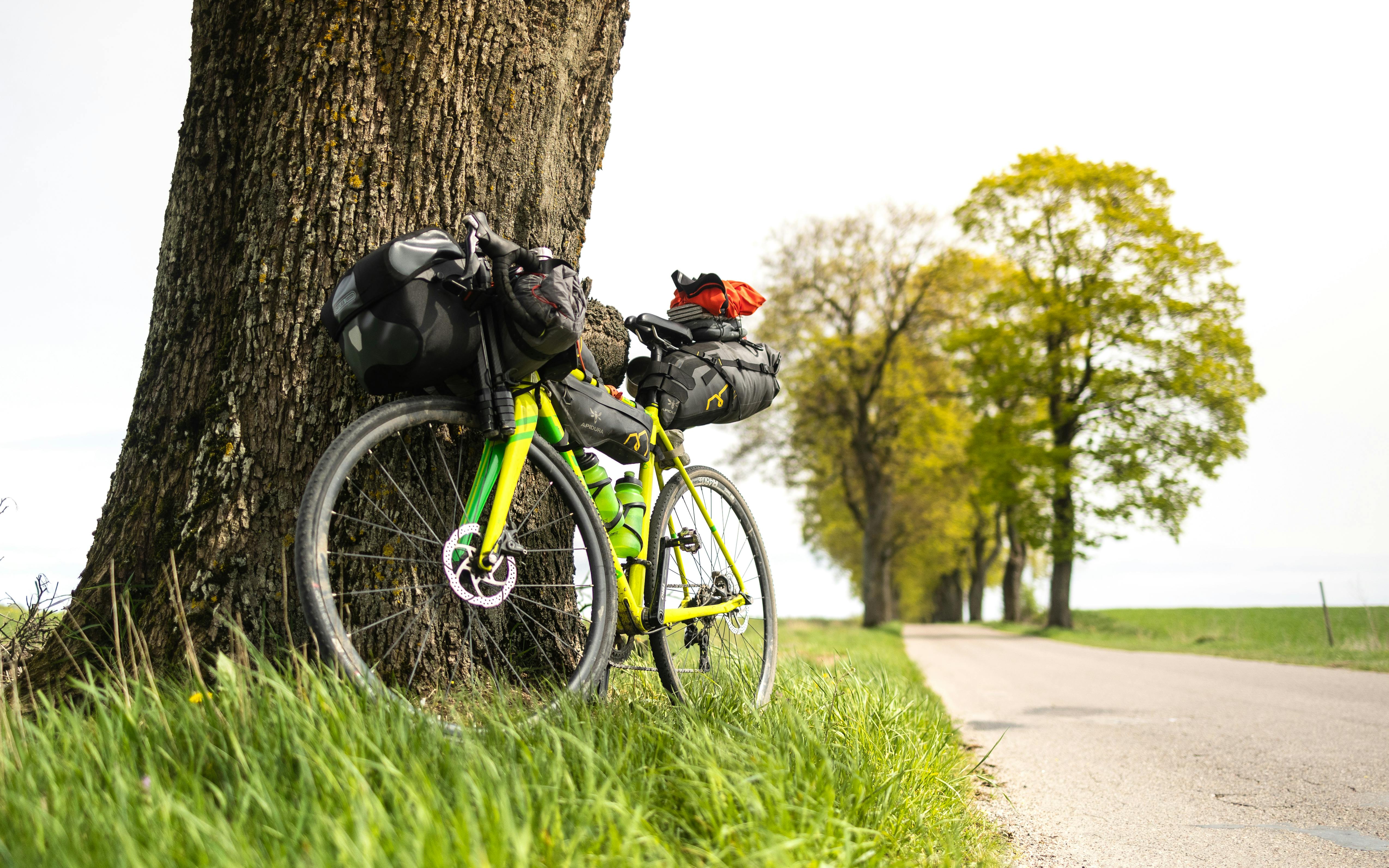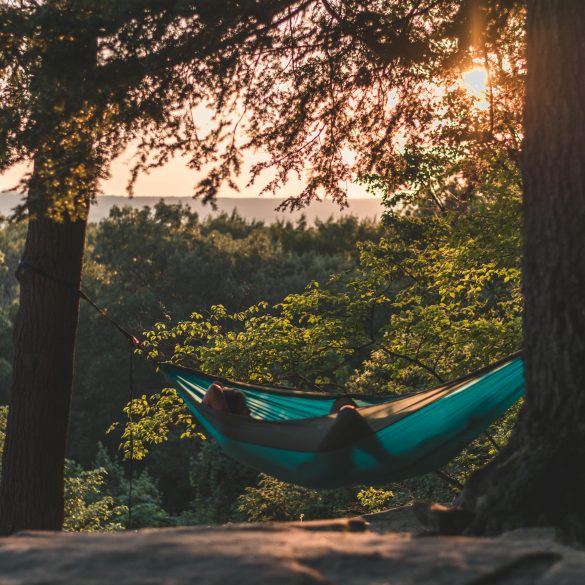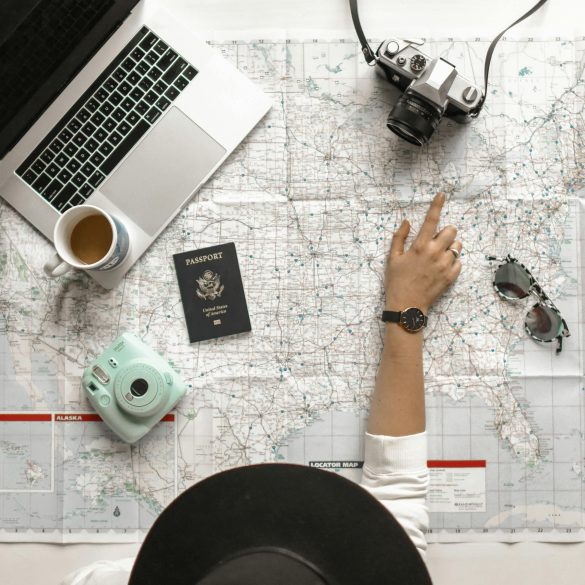Sustainable Travel in 2025: Complete Ethical Planning Guide
It’s 2025, and the rules of travel have changed—dramatically. From jet-setting without thought, the world has swung towards an overwhelming awareness that every trip shapes the planet, every visit impacts culture, and every itinerary either supports a community or quietly erodes it. And I’ll be honest: when I first started traveling in the late 2000s, most trips were more about the “wow” photo than the footprints left behind. But the last five years—especially post-pandemic, with climate headlines blaring—something shifted. Travelers are now demanding more: more meaning, more responsibility, and, frankly, more authentic connection. The question isn’t “Where should I go?” but “How should I go, and what does ethical travel really mean for my next adventure?”
If you’re here, chances are you’re wrestling with these shifts. Maybe you’re uneasy about old-school tourist traps. Maybe you’re hungry for experiences that feel deeper, that help rather than harm. Maybe, like me, you’re anxious to get this right but still fumbling with the ever-moving target of “responsibility.” I don’t claim perfection, but I promise candor: in this guide, you’ll get what works, what failed in my own travels, what leading experts suggest, and what local communities actually want you to know.
Let’s walk through what sustainable travel looks like in 2025—from planning a trip that actually balances ethical concerns, to choosing locations, activities and accommodations, to handling the ugly truths (yes, travel can exploit as much as enrich), and finally, making personal choices you’ll be proud to recount years from now.
Why Sustainable Travel Matters Now
Let me paint you a picture. Last year, walking through a small village in the Scottish Highlands, I stumbled on a local festival where the only travelers were locals inviting international guests on condition—“No cameras until you’ve talked to three villagers.” That single demand reframed my thinking on travel: real connection first, documenting second, commerce last. Ever notice how the best travel stories rarely start with “I booked a five-star resort”? They begin with authentic moments and mutual understanding.
In 2025, Bhutan remains the world’s only carbon-negative country, balancing tourism with strict daily visitor caps to preserve both environment and culture—a compelling model for responsible travel worldwide2.
According to the UN World Tourism Organization, sustainability in travel is now a “top-three” concern for nearly 68% of international travelers1. Climate change, mass over-tourism, and cultural erosion aren’t abstract anymore; they’re on the itinerary.
Planning Ethically in 2025
Here’s what struck me in recent years: planning a “responsible trip” isn’t just box-checking eco-hotels or offsetting flights. It’s a constant negotiation—between comfort and conscience, discovery and respect. The more I learn, the less I trust universal lists. The best planning starts local, personal, and with honest questioning. Are you supporting community businesses? Have you researched local customs, taboos, and language basics? Are you choosing earned experiences over packaged ones?
- Book with operators that transparently support local economies (not just donated percentages).
- Consider slower travel: longer stays, fewer hops, more depth.
- Look for accommodations with verified environmental policies and documented local hiring.
- Avoid exploitative “voluntourism” unless rigorously vetted4.
From my perspective, it helps to imagine every dollar you spend abroad as a vote for a particular kind of world—one with thriving local culture, clean oceans, and respect for human dignity… or its opposite. Two years ago, I learned this the hard way in Southeast Asia: my “bargain” river cruise turned out to have zero local crew, imported food, and no community contribution. Turns out, savings sometimes come at the cost of other people’s futures.
Finding Responsible Destinations
Choosing where to travel in 2025 is fraught with ethical tradeoffs. Some countries—like New Zealand and Costa Rica—lead with robust national sustainability goals and transparent tourism practices3, but honestly, even the best policies don’t guarantee every town or tour is up to snuff. In my experience, the real key is learning to read between the lines of glossy destination brochures. Look for communities actively involved in crafting the tourist experience, not just receiving visitors.
I recall an industry summit back in 2023 where local Italian guides debated how “Unesco villages” were sometimes choked by their own popularity, draining away the authenticity tourists actually craved. The takeaway for travelers? Visit lesser-known areas, seek out genuine community initiatives, and avoid inbound “bucket list” spots during peak season.
- Research local tourism boards—look for stated sustainability standards.
- Favor regions offering off-season travel experiences to distribute impact.
- Assess accessibility—not just for yourself, but for travelers with disabilities.
- Prioritize destinations with increased biodiversity initiatives5.
Making a Positive Impact (Without Whitewashing)
Everyone’s talking about responsible or ethical travel practices, but what does “positive impact” really look like in the messy reality of the world? Let’s be honest: too much sustainability talk is marketing; not enough is actual change. There are moments where the best intentions backfire—think wildlife experiences that stress endangered creatures, or photo ops that exploit vulnerable communities. What I should have known ten trips ago is simple: if an experience feels uncomfortable, there’s probably a deeper issue worth exploring.
For me, courage now means asking inconvenient questions—in person, on booking calls, even at the front desk. “Where do your workers live?” “How are local traditions respected?” “Who profits from this tour?” Those are questions that can spark surprisingly honest conversations (and sometimes awkward silences).
| Destination | Sustainability Efforts | Best Season | Local Tip |
|---|---|---|---|
| Bhutan | Strict daily caps, carbon-negative initiatives | Spring & Fall | Book well in advance; respect local customs |
| Costa Rica | Eco-lodges, biodiversity corridors | May–November | Explore beyond resorts; volunteer thoughtfully |
| Scotland Highlands | Community-led tourism, preservation councils | Summer | Attend local events; minimize plastic use |
| Vietnam | Eco-tours, cultural festivals | March–May | Eat local; engage with NGOs for ethical tours |
Sustainable Travel on Any Budget
Here’s the reality—despite common myths, sustainable travel isn’t only for the wealthy or the ultra-committed. Plenty of trips can work on a tight budget, especially when you embrace public transport, locally run homestays, and off-season itineraries. Three winters ago, I spent under $50 a day exploring rural Vietnam, thanks to local guesthouses and shared group experiences. The cheapest options are often the most sustainably impactful, accidentally or otherwise.
- Travel off-peak to reduce costs and avoid overcrowding.
- Use train and bus networks instead of domestic flights.
- Eat where locals eat—street vendors, markets, family restaurants.
- Choose locally owned homestays over foreign-owned hotels.
On second thought, I need to clarify that not all “cheap” travel is automatically ethical. Some budget options—think unregulated low-cost tours—can dodge important environmental or labor protections. Always scrutinize credentials, read reviews from people who share your values, and, when in doubt, ask direct questions.

Seasonal Timing, Climate, and Local Realities
Whenever I plan trips these days, seasonal timing is as much about local impact as weather. Over-tourism peaks create tremendous strain; meanwhile, off-season periods can keep businesses afloat. Case in point: southern Italy in November—quieter streets, warmer local welcomes, and reduced environmental stress7. But here’s where planning gets sticky—“ideal” seasons for tourists often clash with community needs. Which really makes me rethink those postcard-perfect months and question whose agenda is being served.
The Galápagos Islands now operate a rotating entry schedule to balance fragile ecosystem health with global visitor demand—a pioneering approach in the age of biodiversity threats6.
Here are a few evolving guidelines I’ve picked up from my own mixed successes, climate scientists, and weary local business owners:
- Check local calendars for festivals and agricultural cycles—avoid disrupting key events.
- Assess weather risks—wildfires, floods, monsoons—using local news, not just tourist sites.
- Consider local business needs: plan trips that help distribute economic benefits year-round.
- Travel with flexibility—adapting schedules keeps you responsive to changing local conditions8.
Key Questions for Responsible Travelers
One thing I learned from countless planning missteps: the questions you ask upfront signal your real intentions, shape your choices, and sometimes even shift local attitudes. The more I travel, the more I realize how little I actually know—and how important it is to keep questioning.
- How will my presence affect local communities during this particular season?
- Is this experience designed with local input, or is it driven entirely by outside interests?
- Am I prepared to adapt if conditions change due to climate, culture, or political shifts?
- What will I do differently here than at home to respect the local environment?
The more I consider this, the clearer it becomes that responsible travel isn’t just a set of static rules—it’s a living, breathing relationship with the world. You’ll get it wrong sometimes, as everyone does. But intention and adaptation count for more than perfection.
Taking Action: Your Ethical Journey Starts Here
- Before booking, research at least three local-run experiences.
- Pack reusable essentials: bottles, bags, water filters.
- Learn five key words in the local language.
- Share your honest experiences online to help others avoid your mistakes and discover better ways.
I’ve consistently found that sharing stories—warts and all—has a bigger ripple effect than reposting “perfect” itineraries. Two years back, my post about a failed attempt to book a “sustainable” safari led to dozens of travelers demanding better transparency from operators. Reader action matters. So does revisiting your own intentions, again and again.
Sustainable Travel: The Road Ahead
The jury’s still out for me on whether sustainable travel is just a phase or a permanent evolution. It’s easy to feel cynical (I catch myself thinking, “Is anything truly ethical?”) but honestly, the ongoing shift, conversation, and contestation itself is a sign of progress. As of now, travelers—especially the newer generations—are demanding actionable transparency and accountability. The journey ahead relies on a thousand small, imperfect choices, not grand green proclamations.
Looking ahead, my current thinking is that real progress will mean blending technology (think: traceable impact apps, verified eco-certifications) with revived old wisdom (slow travel, mutual respect, humility). Meanwhile, industry reports show an explosive rise in demand for “regenerative tourism”—where trips aim to leave places better than they found them9. I’m not entirely convinced all providers live up to the hype, but the conversation itself is a powerful momentum.
- Keep updating your knowledge: subscribe to reliable travel and climate newsletters.
- Share failures and successes equally: honest stories matter more than perfect ones.
- Challenge providers to prove their sustainability claims with real data.
- Respect limits: some places should be visited less, not more.
I go back and forth on how best to document my own travels. Sometimes the solution is putting the camera down, asking locals what matters most, or simply being present in the moment. Sustainable travel is intensely personal, always imperfect, and, when done right, genuinely transformative.
References & Recommended Reading
Start with a single shift—next time you travel, choose one aspect to improve: reduce waste, pick one local provider, or simply ask more questions. Share what happens. That’s how personal change builds industry impact.
Thanks for making it this far. If there’s one thing every responsible traveler learns, it’s that the journey matters more than the destination—and that messy, imperfect progress beats perfect intentions every time.



